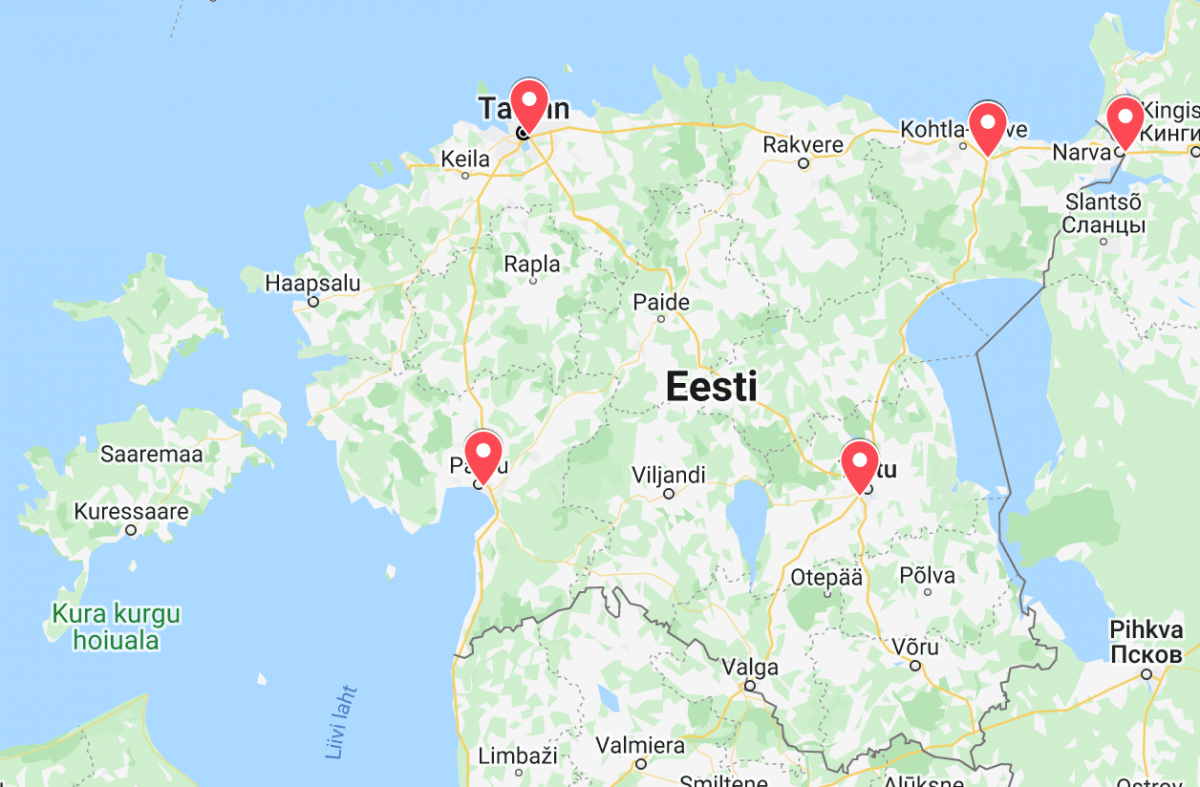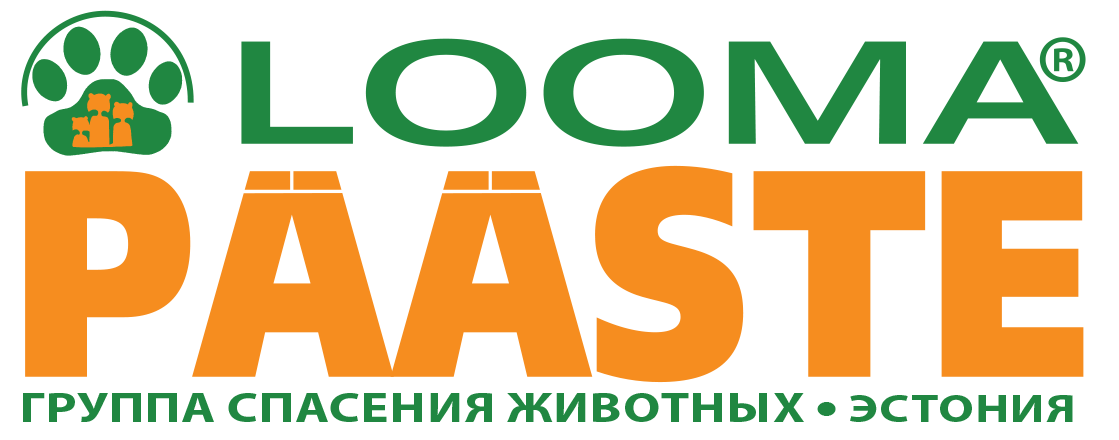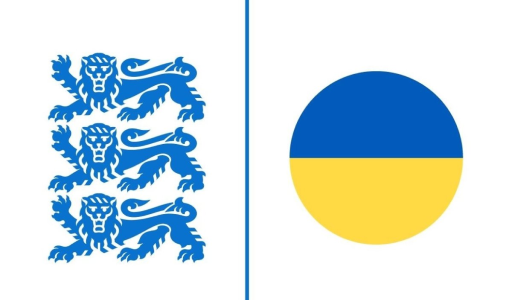You can find the most up-to-date information on the www.kriis.ee/en page! We apologise for the inconvenience!
We will update the information below as soon as possible.
Border crossing
Ukrainian citizens can enter Estonia and other countries in the Schengen Visa Area with an internal passport, biometric passport, visa or without. Underage children should have a birth certificate, but can also enter the country without one. This also applies to a spouse, child or parent accompanying a Ukrainian citizen of another nationality, including situations where the mother is a citizen of another country and the children are Ukrainian citizens. List of emergency numbers for evacuation of non - EU nationals. INFORMATION ABOUT BUSESThe Estonian Refugee Council is currently not coordinating evacuation from Ukraine. If the circumstances change and the need for coordinated evacuation returns, this will be announced separately. Commercial buses coming from Poland to Estonia (all of them drive through Pärnu):
|
|
INFORMATION POINTS
Social Insurance Agency’s (SKA) information points (open 24/7) - for basic information about staying in Estonia and travelling from Estonia, help accommodate people who need emergency assistance for a short time, including refugees travelling through Estonia.
Temporary protection can no longer be applied at these information points; it is further processed by the Police and Border Guard Board. If a refugee who has received or applied for temporary protection needs temporary accommodation, they will continue to be placed on short-term accommodation by the Social Insurance Agency:
PÄRNU Pikk 18 (24/7) +3725349 9911 | TARTU Riia 179a (24/7) +37253770588 | JÕHVI Viru 5a | TALLINN Tallinn's Bus Station, Lastekodu 46 (24/7) |
If a person has accommodation, they do not have to go to an information point; they can simply turn to the PBGB as soon as possible to apply for temporary protection.
People without shelter and food must be referred directly to the Social Insurance Board in the evening. If a problem arises in such a situation, the Estonian Centre for Human Rights handles individual cases (+372 5194 9015; they accept calls on working days and during working hours); in SOS situations, call 112.
TRANSIT
People in transit and coming through Narva or Luhamaa border crossing points:
| A person in transit is advised to ask the border guard for the wristband that allows free train rides across Estonia!
If you have any further questions, call the free national helpline at +372 600 1247 (you can also call from international numbers). |
PETS ACROSS THE BORDER THE ESTONIAN BORDER
A war refugee who enters Estonia with a dog, cat, or ferret must notify the Agriculture and Food Board as soon as possible. To do this, you must fill in the notification form and send it to the following email address: pta@pta.agri.ee. The form, detailed isolation requirements, information about veterinarians and other instructions can be found here. |
|
The Estonian Animal Rescue Group provides free food and, if necessary, medical expenses for pets. Advises on the information line +372 5360 3604. 24/7 Emergency veterinary care:
| Varjupaikade MTÜ assists in Harju, Pärnu, Lääne, Viljandi, Valga and Võru County (animal food, pet supplies, preparation of documents for animals, veterinary assistance, finding shelters if necessary, etc.). Information in Russian for refugees +372 5689 7495. |

RESIDENCE PERMIT (Temporary protection)
Book an appointment on the website of the Police and Border Guard Board www.broneering.politsei.ee // More information. Mon-Fri 8 am - 8 pm, Sat-Sun 8 am - 4 pm at the PBGB Tammsaare (Tallinn), Pinna (Tallinn), Tartu, Pärnu, Narva, Jõhvi and Rakvere service halls. |
|
Refugees have to go to the Ukrainian Embassy if they don't have documents. The appointment must be arranged in advance. Embassy of Ukraine, Lahe 6, Tallinn (Mon-Fri 09.00-18.00, R 09: 00-16: 45) tel. +372 601 5815
Persons in vulnerable situations (unaccompanied minors, chronically ill, pregnant women, etc.) may be referred to the asylum procedure. We recommend doing this through the Estonian Human Rights Centre. Contacts: asylum@humanrights.ee, tel: +372 644 5148; +372 51949015 (works and WhatsApp and Viber). | If you have lost a document issued by the Estonian Police and Border Guard Board, you must send a request for information to ppa@politsei.ee. The following information must be provided in the application:
|
If a person has a residence permit issued on the basis of temporary protection in two countries, the last residence permit remains valid and the first one is declared invalid. Estonian practice is to contact the person beforehand and ask them to make their own choice (i.e. voluntarily give up one). If they do not do this, it is assumed that the latter will remain valid and the former will be declared invalid.
If you leave Estonia permanently for Ukraine or another country:
| If temporary protection has already been obtained from one European country, there is no reason to ask for it in other countries. You cannot have the status of temporary protection in two countries at the same time, but a person who is among the recipients of protection has the right to choose in which country they exercise their right. If a person has made a well-considered decision to leave another country, renounce temporary protection there and apply for temporary protection in Estonia, it is recommended to first renounce protection in the current country that has issued temporary protection (i.e. ask for a corresponding document as proof) to speed up the process.
If you leave Estonia temporarily:
|
NON EU-CITIZEN
If a third-country national who is a permanent resident of Ukraine becomes a citizen of the country, he or she must also prove if he or she is unable to return to the country of origin safely and permanently. Otherwise does not qualify. A third-country national can only move freely if he or she is accompanied by a Ukrainian refugee. There is also no restriction in the order of the Government that the family must come to the country together in order for a family member of a Ukrainian citizen to be entitled to temporary protection. For the purposes of applying for temporary protection, it does not matter why family members apply for a temporary residence permit in different countries. Example: if a Non - EU citizen enters Estonia and their Ukrainian spouse remains in Poland / Latvia / Lithuania, etc., this Non - EU citizen is staying in Estonia illegally (without an independent visa) and is being detained completely legally. | Citizens of other countries and e-residents to be referred to Estonian Police and Border Guard Board (PBGB) migration advisers:
|
UNACCOMPANIED CHILD
For an unaccompanied child who has no relative or other accompanying person, the Social Insurance Board will arrange a substitute care service. Contacts for unaccompanied children are Uljana Ponomarjova in ECHR and Ketlin Lepik (tel 5330 8787), if neither of them can be reached, the Child Helpline 116111 and the mailing list childprotection@sotsiaalkindlustusamet.ee can help.
|
|
There must be details of the sender, details of the child and where they are going. The paper must be signed by the parents. Parents must take 2 pictures: 1. A clear picture of A4 with the information written clearly 2. A picture of the same paper with the child's parents' passports. If the power of attorney and the pictures are not immediately included with the phone, they can be sent to the sender so that they can take all the necessary initial steps |
|



